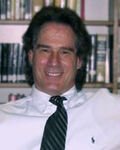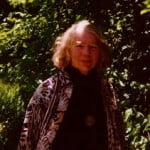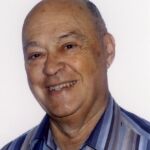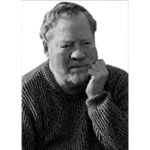Linking Two Disciplines: Homeopathy and Regression Therapy – Deborah Collins / Bert Esser (Is.14)
by Deborah Collins, M.D., and Bert Esser
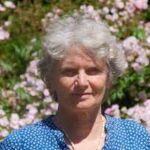
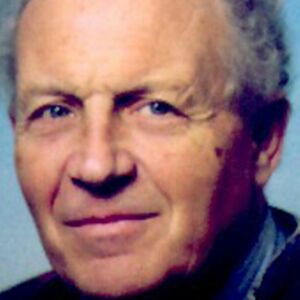 In the following article the authors, a husband-wife team who live in The Netherlands, illustrate their way of blending regression therapy and homeopathic medicine. Collins is a homeopathic physician, who first trained as a traditional M.D., then trained extensively in homeopathy. Her husband, Esser, is (among other things) a regression therapist trained in the Dutch school. They find that their two approaches complement each other.
In the following article the authors, a husband-wife team who live in The Netherlands, illustrate their way of blending regression therapy and homeopathic medicine. Collins is a homeopathic physician, who first trained as a traditional M.D., then trained extensively in homeopathy. Her husband, Esser, is (among other things) a regression therapist trained in the Dutch school. They find that their two approaches complement each other.
By blending two disciplines, homeopathic medicine and regression therapy, we find a way of thinking and working which has proved very fruitful to us in helping “helpless” patients. We share an urge to go to the core of a problem with our patients, and to help them … Read the rest


